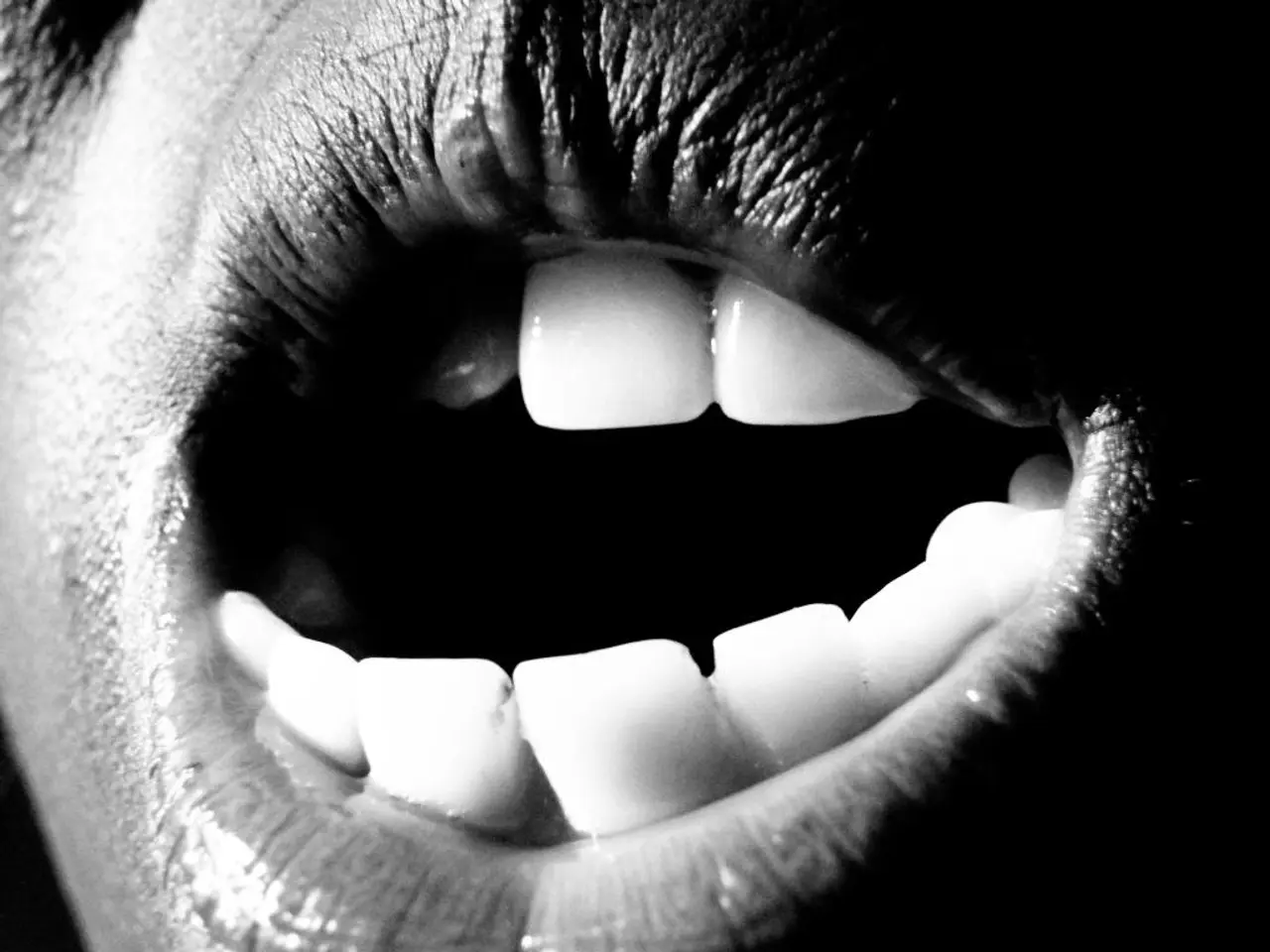Dental problems related to Hodgkin's lymphoma: Varieties, reasons, and solutions
Hodgkin's lymphoma, a type of cancer that grows in the lymph nodes, can lead to various oral health complications during treatment. These complications may include sores of the mouth membrane, increased risk of infections, changes in taste, oral pain, and temporary dry mouth.
The Role of Chemotherapy and Radiotherapy
Chemotherapy and radiotherapy, common treatments for Hodgkin's lymphoma, can adversely affect dental and oral health. Chemotherapy can lead to immunosuppression, increasing the risk of opportunistic infections like oral candidiasis and mucositis causing painful ulcerations. Radiotherapy to the head and neck area can cause salivary gland damage, leading to xerostomia, and mucosal atrophy and ulceration.
Preventive Measures and Management Strategies
To manage these potential oral complications, it is essential to take proactive steps. Pre-treatment dental evaluation is crucial to identify and treat existing infections or dental problems. Maintaining excellent oral hygiene through gentle brushing and flossing, using saliva substitutes or stimulants to combat dry mouth, and regular dental check-ups during and after cancer treatment are also vital.
During treatment, it is essential to brush teeth gently with a soft brush daily, use fluoride toothpaste, sip water throughout the day, rinse with a baking soda and salt solution, avoid alcohol-based mouthwashes, keep the mouth moist with sugar-free gum or lozenges, avoid tobacco, and eat soft and bland foods if there is pain.
The Importance of Coordination
Coordination between oncologists and dental professionals is essential to optimize management of these issues. Regular communication ensures that any emerging oral problems are promptly addressed and managed, improving the quality of life for patients.
Post-Treatment Care
After treatment, it is important to continue caring for the mouth by keeping up with regular dentist appointments, updating the dentist on any changes, and being extra cautious with mouth care. In some cases, bone-modifying drugs may be suggested by doctors, which can potentially cause a rare but serious condition called jaw osteonecrosis.
Seeking Immediate Help
If a person experiences any oral complications from treatment, they must talk with their doctor or dentist immediately. Prompt treatment can help prevent the complications from worsening and leading to other issues such as dehydration and malnutrition.
In summary, careful dental assessment before, during, and after Hodgkin's lymphoma treatment and tailored oral care can help reduce the severity of oral side effects and improve quality of life for patients. It is crucial to consult a dentist before starting cancer treatment to determine any sources of possible infection and extraction needs.
- Chemotherapy, being a common treatment for Hodgkin's lymphoma, can lead to immunosuppression, increasing the risk of oral complications like painful ulcerations caused by opportunistic infections.
- Radiotherapy targeted at the head and neck area can cause damage to salivary glands, resulting in a condition called xerostomia and mucosal atrophy and ulceration in the mouth.
- To manage potential oral complications arising from treatments, it is essential to maintain excellent oral hygiene through various strategies like pre-treatment dental evaluation, brushing gently with a soft brush, using saliva substitutes, and regular dental check-ups.
- In addition to traditional therapies and treatments for Hodgkin's lymphoma, immunotherapy is also used in other lymphomas to harness the body's immune response to fight cancer cells, demonstrating the ongoing role of science in oncology.
- After treating bone cancer with proton therapy, it is important to continue taking care of oral health by attending regular dentist appointments, updating the dentist on any changes, and being extra mindful with mouth care to prevent additional complications.
- When experiencing oral complications after various medical conditions like cancer, one should seek immediate help from their doctor or dentist to prevent the complications from worsening and potentially leading to serious issues such as dehydration and malnutrition.





